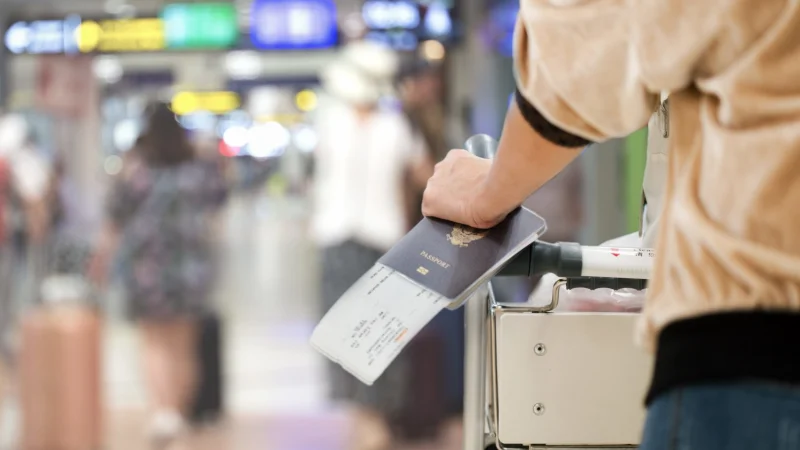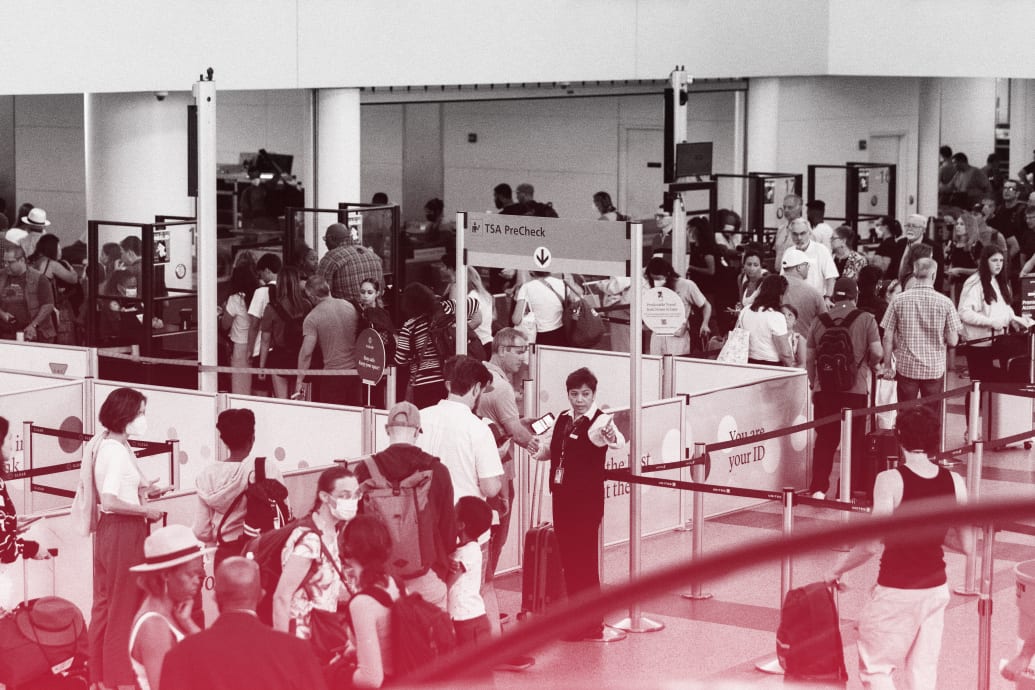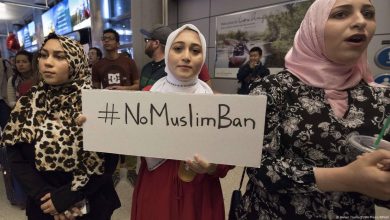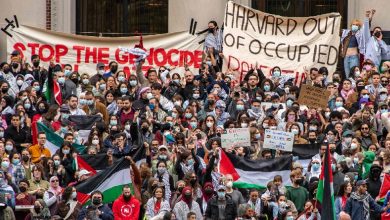U.S. Muslims Navigate Lingering Challenges from Post-9/11 Policies

Watan- More than two decades after the 9/11 attacks, the terrorism watchlist remains a significant concern for Muslim Americans, according to The Daily Beast. This list, which now boasts over 1.6 million names, might be unknown to many, but for Muslims in the U.S., it’s a constant reminder of the challenges they face, especially when traveling.
The implications of this watchlist were highlighted recently with a lawsuit by Farid Sulayma, a Muslim leader from Seattle. According to The Daily Beast, Sulayma, like many of his peers, undergoes additional scrutiny every time he travels. These inconveniences range from being unable to check-in online to being detained for hours, all due to a national security policy that seems to disproportionately affect Muslims.
The post-9/11 era has seen many debates about human and civil rights, especially concerning national security policies. However, the terrorism watchlist, which was introduced as a preventive measure, has largely evaded these discussions. This list operates on a presumption of guilt, and those on it often remain unaware of their status. The government neither confirms nor denies an individual’s presence on the list, making it a contentious issue.
The criteria for being added to the watchlist are alarmingly broad, often hinging on a mere “suspicion” of terrorist activities. Even though the government claims to have safeguards in place, many argue that the system is inherently biased against Muslims, as reported by The Daily Beast.

This watchlist has faced legal challenges. In the case of Elhady v. Kable, 23 Muslim Americans took legal action against their inclusion on the watchlist. While a U.S. District judge ruled the watchlist unconstitutional in 2019, this decision was later overturned in 2021 by the U.S. Court of Appeals for the Fourth Circuit.
The broader consequences of such policies extend beyond the immediate inconveniences. The watchlist perpetuates stereotypes, casting Muslims as potential threats and further alienating them from the broader community. This not only undermines their rights as citizens but also fosters an environment of mistrust.
Stories of individuals like Farid Sulayma and Zainab Merchant, another Muslim American who faced similar challenges, emphasize the need for a reevaluation of such policies. As highlighted by The Daily Beast, it’s essential to ensure that the rights of all citizens, irrespective of their religious or ethnic background, are upheld and protected.





